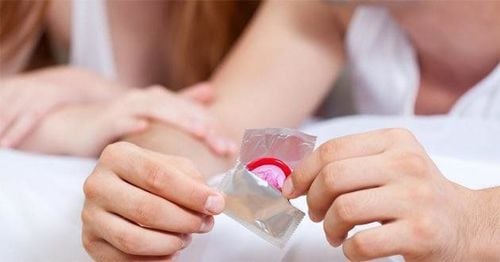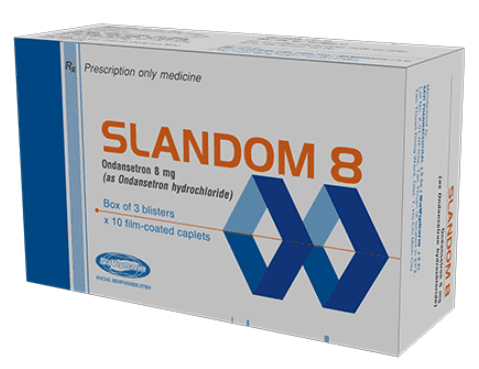This is an automatically translated article.
Cancer treatment can affect emotions, appearance, vitality, and senses. All of these have an impact on your sex life. If your doctor knows the type of cancer you have or the treatment that may affect your sex life, your doctor will advise on the most appropriate treatment.1. Cancer treatment and sexual problems
Changes due to cancer or treatments can happen during or after treatment ends.Treatments with different types of cancer often make the body tired, thereby reducing sex drive.
Sexual changes may include:
Decreased libido. Premature ejaculation Urinating during orgasm. Orgasm without ejaculation (occurs when the flow of semen instead of being ejaculated back into the bladder). Pain during sex. Erectile dysfunction . If you experience any of the above problems before treatment, tell your doctor, so he or she can help resolve or prevent the problem from getting worse.

Các thay đổi về tình dục có thể bao gồm giảm ham muốn, xuất tinh sớm, ...
2. Treatments that can cause sexual problems
The following treatments can cause sexual problems:Surgery: especially for the prostate, testicles, bladder, and rectum. Surgery on these areas can damage the nerves that control erections. In addition, non-ejaculatory orgasm may also occur. A colostomy, stoma, or orchiectomy can affect self-confidence and appearance. Artificial anus and stoma are artificial openings, which help to put feces and urine through those holes into a bag, making the patient self-conscious when others look at his body.
3. Erectile dysfunction after cancer treatment
Patients may temporarily lose the ability to get an erection, and recover afterward, but recovery can take years. To prevent or treat erectile dysfunction:Perform surgery under the hands of an experienced surgeon. Do pelvic floor exercises. These exercises work the muscles of the genital area, and help to better control the colon and bladder if the patient has urinary incontinence. Take medication to control erectile dysfunction under your doctor's prescription. 3.1 Radiation Therapy Radiation therapy to the pelvic area can cause erectile dysfunction. Erectile dysfunction may appear 6 months to 2 years after treatment, then improve or disappear after 2 to 3 years. When you have erectile dysfunction, tell your doctor for treatment.
One method of treating prostate cancer is brachytherapy, which places a small source of radiation near the tumor, and can easily cause erectile dysfunction.
Radiation therapy can cause pain, fatigue, and loss of colon or bladder control, resulting in decreased or lost sexual interest.
Finally, cardiovascular disease, hypertension, or diabetes are more likely to predispose patients to erectile dysfunction after radiation therapy.
3.2 Chemotherapy Side effects of chemotherapy can affect sensation, appearance, and sexual interest. Possible undesirable effects are weight gain, weight loss, nausea, vomiting, diarrhea. Impotence can also occur but is usually only temporary.
3.3 Hormonal therapy Some prostate cancer treatments aim to reduce the male sex hormone (testosterone) produced by the body. This helps fight cancer, but affects sexual ability (erectile dysfunction, orgasmic disorder,...). However, young patients can still get an erection whether or not they take medication for erectile dysfunction.
3.4 Other medications Some medications for symptoms can cause sexual problems, eg some pain relievers, antidepressants, beta blockers.
Patients who are elderly or have had problems before treatment are more likely to have sexual problems after cancer treatment. However, at any age, if you have any problems, consult your doctor for a suitable solution.
4. Avoiding risks during treatment

Sử dụng bao cao su để bảo vệ bạn đời trước sự phơi nhiễm hóa chất
During chemotherapy, the chances of getting your partner pregnant are lower, but that doesn't mean it's impossible. Therefore, protect your partner and future children by avoiding pregnancy for at least 2 months after chemotherapy.
Chemotherapy, radiation therapy, and some surgical methods can cause infertility. To remedy this situation, perform sperm freezing or use another method of fertility preservation before treatment.
5. Emotional and sexual problems
Treatment can affect your interest and ability to have sex. Talk to your doctor about issues such as:Fear of the cancer coming back. Feeling sad, frustrated, helpless. Feeling self-conscious about altered appearance. Stress, depression or anxiety. Your partner may also have these feelings. Let's talk to each other to understand and sympathize with each other.
6. Resolve unwanted effects
Addressing unwanted effects is an important part of cancer treatment. And resolution is given based on the following factors:Sexual history. Existing wife or lover. Preferred way of sexual activity. Your doctor will study each specific case, combining tests if needed.
Treatments offered include:
Erectile dysfunction drugs: these help get an erection and keep it long enough to have sex. Common medications are sildenafil (Viagra), tadalafil (Cialis), and vardenafil (Levitra). Drugs injected into the penis: can be injected into the penis to help erection by increasing blood flow to the penis. Those drugs are alprostadil and papaverine. An erection device is implanted into the penis. Consult with your doctor to understand each method as well as choose the most suitable method.
Please dial HOTLINE for more information or register for an appointment HERE. Download MyVinmec app to make appointments faster and to manage your bookings easily.
Article referenced source: cancer.net












